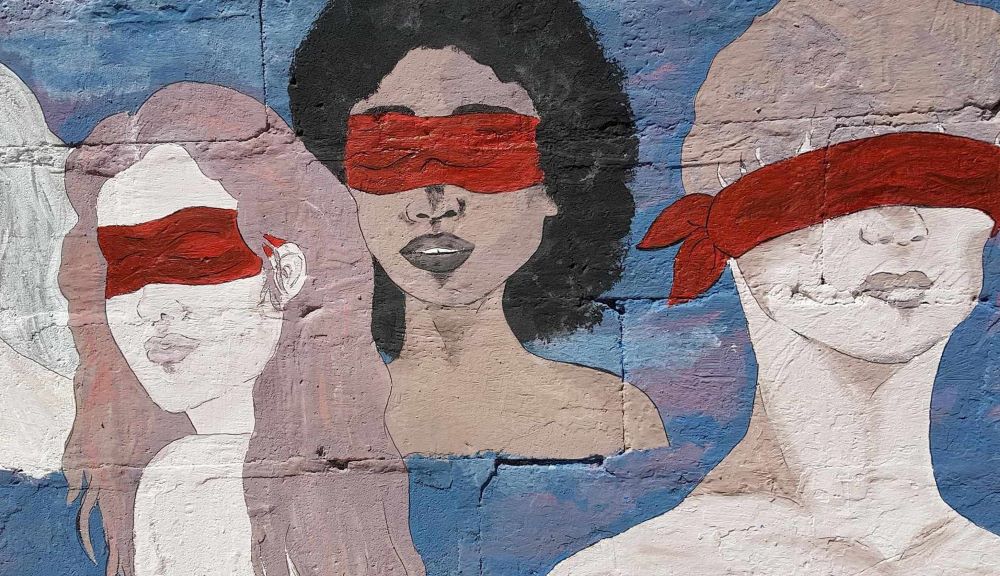Control of the female body, sexuality and reproductive ability is a fundamental lever of the patriarchy, of which the church has always been a loyal and ardent protector.

Paula Petricevic
Who does my body belong to, and how come this is back to being a current issue? Why are we reopening and questioning issues we thought we had resolved as a society, agreeing that women are people and their bodies belong to them in an inalienable way? Have we been recklessly relaxed in believing that ownership of one’s body cannot be arbitrarily questioned, nor can the right to this ownership be revoked at the request of religious or other communities that enjoy playing biopolitics in breaks between wars.
The debate over the right to abortion has been fuelled by two important and I would say truly worrying and threatening events. The first is the possible reversal of Roe vs. Wade, which, according to opinions of the majority of American Supreme Court judges, will be overthrown, making the right to abortion lose its constitutional protection, thereby becoming limited or abolished in a large number of American states. The second case is of a woman from Zagreb in her twenty-seventh week of pregnancy, to whom doctors, based on conscientious objection used by most gynecologists in Croatia (about 60%), refused to perform an abortion, although a severe fetal disease was diagnosed. A disease which provides legal basis for pregnancy termination in this gestational period. However, in relation to her right to an accessible, legal and safe abortion, the right to appeal to the conscience of a doctor has prevailed in practice. And prevail it did.
Although similar situations have not happened in Montenegro, I would say that it is only a matter of time before the debate on women’s reproductive rights will take place here, first of all keeping in mind the undeniable and strong influence of the Serbian Orthodox Church (SPC) over the past two years. The equation is predictable and clear – whenever the influence of religious communities grows stronger in a society, women’s bodies become battlefields (Barbara Kruger) where, apparently, battles for independence and autonomy continue to be fought. Control of the female body, sexuality and reproductive ability is a fundamental lever of the patriarchy, of which the church has always been a loyal and ardent protector. Women are not and will not be free as long as they cannot decide on their own body. If these decisions are made directly or indirectly by their husband, family, national or religious community – women have the status of resources, and not that of free and independent individuals.
We must not come to a place where the rights of a fetus are equated with the right of a woman to own her body. The retraditionalized and repatriarchalized climate of a threatening level of interest in the uterus in the fertile period, which was repeatedly expressed not only by church dignitaries but also by their political members, obviously influenced a sense of moral panic over abortion. Let there be no confusion: as soon as the question of validity of a right is raised – even if it is through announcements of a show on this topic on social media of the national television – that right is endangered and the anger it produces is justified. There is a fine line of only a few hands raised in assembly that can take the situation from simple words to criminalization, from it being a right to it being an offence. Therefore, we must be vigilant, because as soon as this is introduced into public discourse, as soon as it becomes a relevant topic on a daily basis, this right, at least to a certain extent, is in preparation of being restricted. The right to own one’s own body must be defended as many times as necessary, because it is the foundation and condition of all other rights: “If our body does not belong to us, we’ve missed out on life!” (Maria Ladi Londono).
Paula Petričević is a philosopher, feminist and peace activist



Leave A Comment